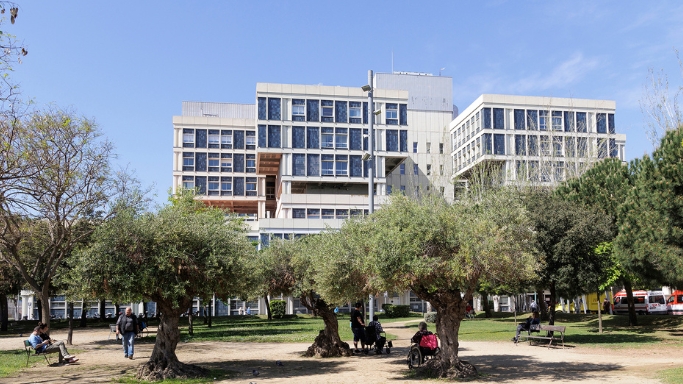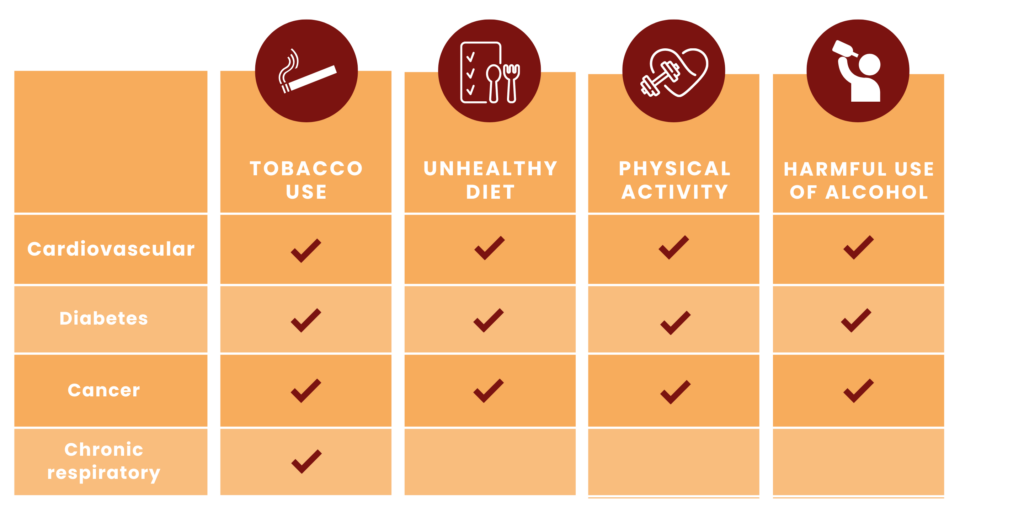Tobacco Control Research
The Tobacco Control Unit (UCT) was first set up as the Tobacco Research Group of Dr. Esteve Fernández in 2000. This was part of the Cancer Prevention and Control Program (PPCC) of the ICO. The Group worked on research projects about smoking. These projects were led by the ICO and also in collaboration with other organisations, such as the Public Health Agencies of Barcelona and Catalonia, the Hospital del Mar Medical Research Institute, the Mario Negri Research Institute (Milà), the European Network for Smoking Prevention (ENSP) and the International Agency for Research on Cancer. The activity grew because people took part in European research projects and helped to run the Catalan Network of Hospitals without Smoke (XCHsF). There was a big increase in the number of people involved and the amount of work done in the research and intervention areas. The group is officially recognised by the AGAUR of the Generalitat de Catalunya as a Consolidated Research Group (Research Group on Smoking Epidemiology, 2021SGR00906).
The research is done by the Consolidated Research Group in Epidemiology, Prevention and Control of Tobacco (2021SGR00906) at the Bellvitge Biomedical Research Institute. The group is made up of the main researchers from the UCT and includes people who are working with them from the University of Alcalà, the Open University of Catalonia and the Public Health Agency of Catalonia. The UCT is also at the centre of the CB19/06/00004 Group of the CIBER on Respiratory Diseases. This group is funded by the Carlos III Health Institute. In this group, as well as the main group of researchers from ICO-IDIBELL, we also have colleagues from the University of Alcalà and the Hospital de La Princesa.



